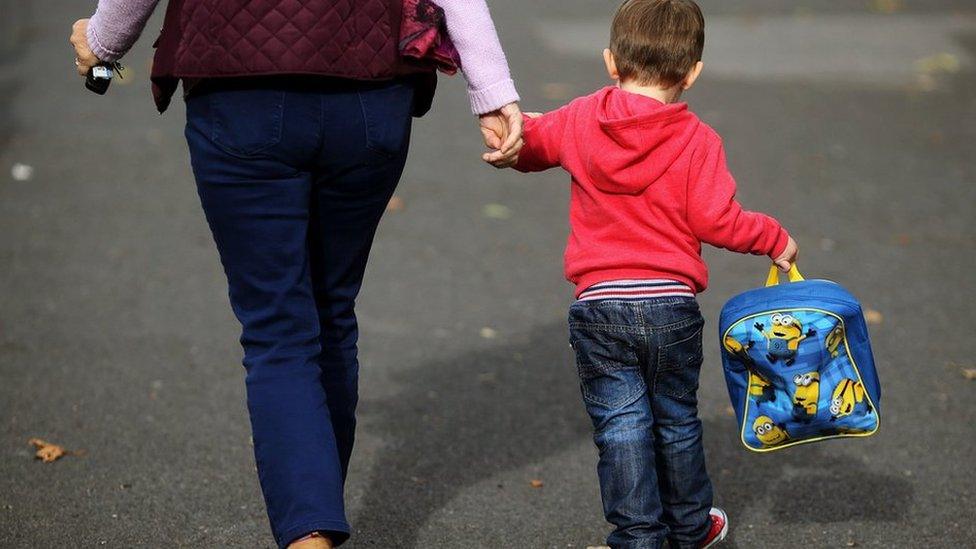Covid: Wales faces a 'rising tide of poverty'
- Published
- comments
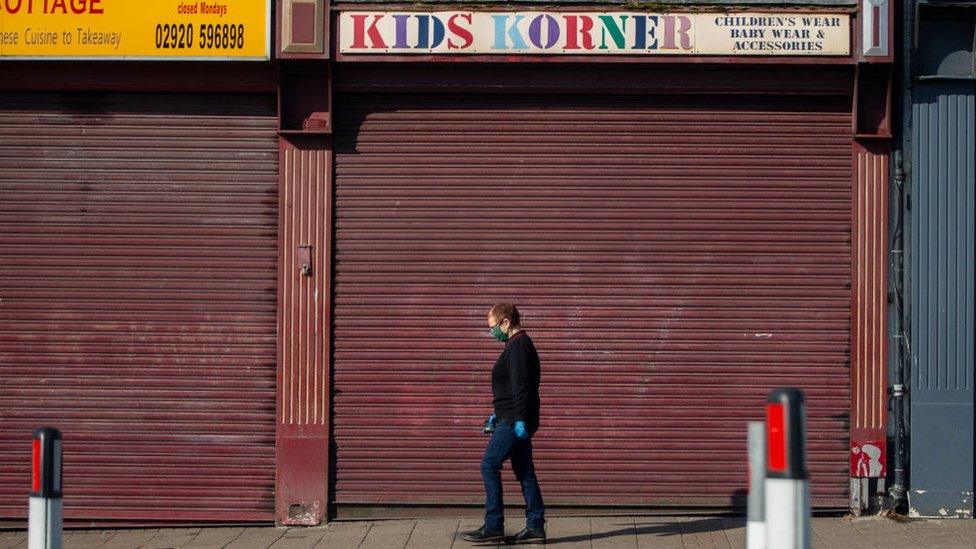
Many of Wales' poorest areas have been hardest hit by the pandemic
Wales is facing a "rising tide of poverty" which has been worsened by Covid, according to a new report.
The Joseph Rowntree Foundation (JRF) found low pay, unaffordable housing and a lack of childcare was trapping 700,000 people in poverty, including 180,000 children.
It said the pandemic had hit low-paid workers in Wales particularly hard.
The Welsh Government said it had invested a record £2bn in affordable housing.
But according to the JRF, which works for social change, more needs to be done as households "risk being pulled under from the economic fallout" from Covid-19.
Before coronavirus struck, almost a quarter of people in Wales were living in poverty, the Poverty in Wales report said.
But since then many people have lost their jobs and by August the number of Universal Credit claimants had almost doubled from the start of the year.
By June around 400,000 people in Wales had fallen behind on their bills, with 200,000 falling behind on rent or mortgage payments, the report said.
And the situation is expected to worsen in Wales as the Covid recession gathers pace.
'Support net'

Alexander Serpentem said having decent housing had helped motivate him
Alexander Serpentem, 29, from Bridgend, has lived in social housing for "as long as I can remember...since I was a young boy".
"You need that support net... it's crucial for that group of people who are struggling," he said.
He is now a tenant of Hafod housing association and said having quality housing has given him the "motivation to want to get back into the community".
"If I didn't have this I'd have nothing," he added.
'Given me my life back'
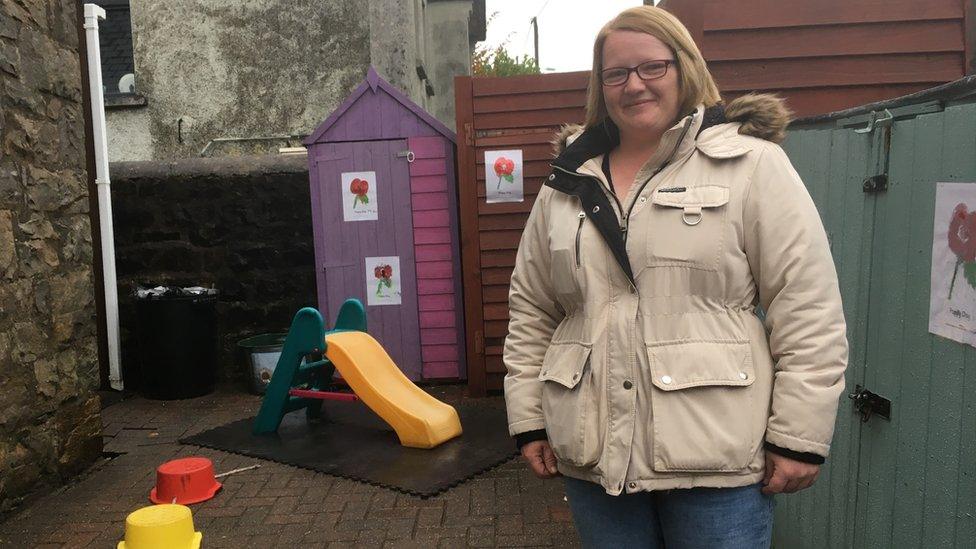
A government-funded childcare scheme has helped Jackie Williams pay her daughter's nursery costs so she could go to work and study part-time
Mother Jackie Williams from Blaenavon, Torfaen, said the Welsh Government Childcare Offer for Wales, which provides free care for three and four-year-olds of qualifying parents, had "definitely helped" financially.
"If the scheme had not been working I probably would not have been able to work," said the part-time nursery worker, whose partner works full time.
She said using it to help care for her four-year-old daughter meant "not having to worry about paying for the childcare out of my own wages".
"And I'm not having to rely on family to look after her as well," said Ms Williams, who is also studying part-time, albeit via Zoom classes due to coronavirus restrictions.
'A bit more disposable income'
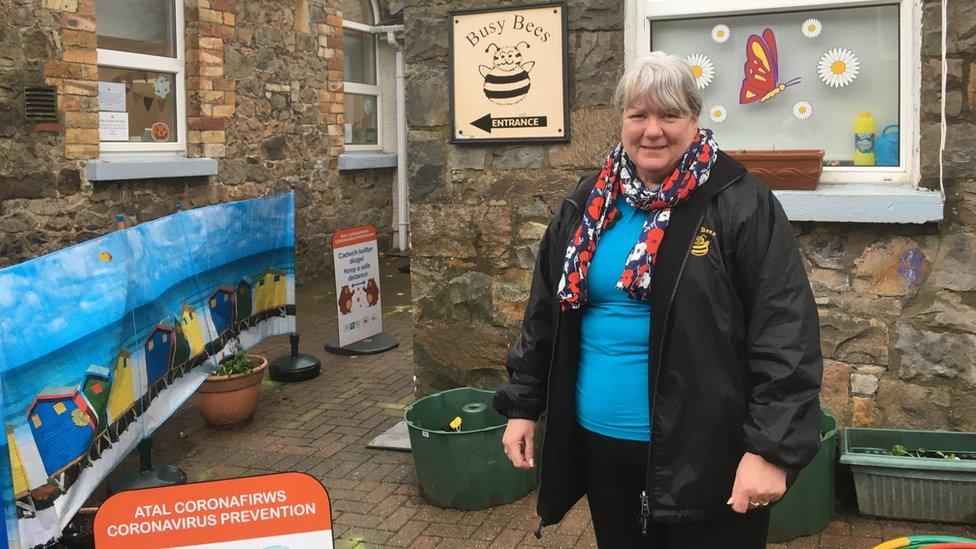
Some families are "just about managing", according to nursery manager Sue Driscoll
Sue Driscoll, manager of Busy Bees Nursery in Blaenavon where Ms Williams works, said the free childcare offer had made a "big difference" to other families and "helps with our sustainability".
"Families who are just about managing, both parents working but still not managing to make ends meet, have just got a bit more disposable income that can come back into the economy," she said.
'Families are struggling'
The JRF has called on the Welsh Government to develop a new childcare offer for all children, guarantee social rents are affordable, build more homes available for social rent and create a "Welsh Benefits System".
Peter Matejic, the foundation's deputy director of evidence and impact, said: "Families up and down the country are struggling to keep up with rent and put food on the table - this is not the kind of society we want to be.
"Governments in both Cardiff and Westminster must now take decisive action to support those in need through the pandemic and beyond."
Dr Victoria Winckler, director of the Bevan Foundation think tank, said: "It's not right that so many people are trapped in poverty in Wales today.
"Coronavirus has had a huge impact on all our lives but people on low incomes have been disproportionately affected."
The Welsh Government said: "We have made a record investment of £2bn in affordable housing during this Senedd term and have seen a 12% increase on 2017-18 in the number of affordable homes delivered.
"This investment is having a significant impact on the delivery of housing that meets the needs of Welsh communities and we are on track to deliver our ambitious 20,000 affordable homes target this term despite the adverse impact the pandemic has had on the housebuilding sector."
On the issue of child care, a spokesman added: "We have not received any concerns about capacity to deliver the childcare offer.
"Currently, two-thirds of registered childcare settings in Wales deliver the childcare offer which will allow for expansion into additional settings if capacity issues were experienced."
- Published15 October 2020

- Published7 February 2020
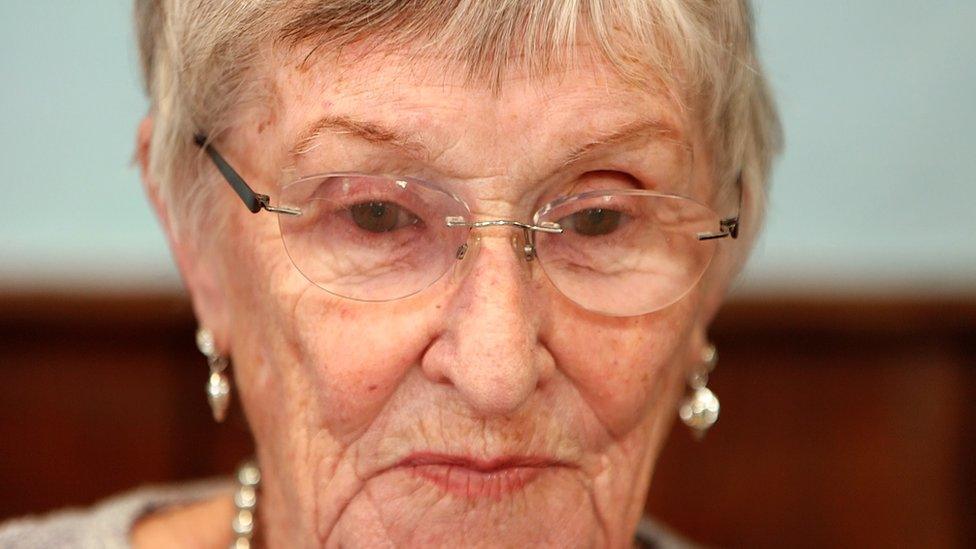
- Published7 February 2020
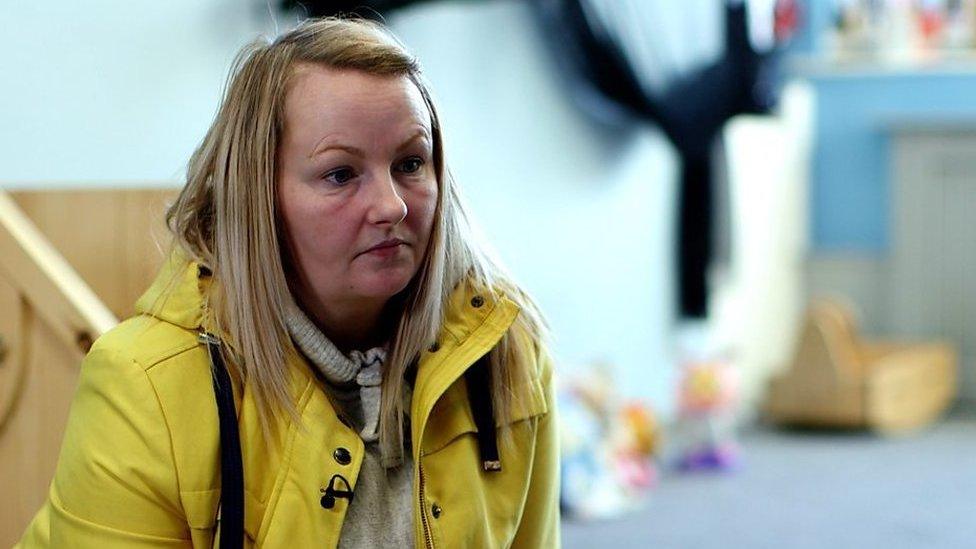
- Published25 June 2020
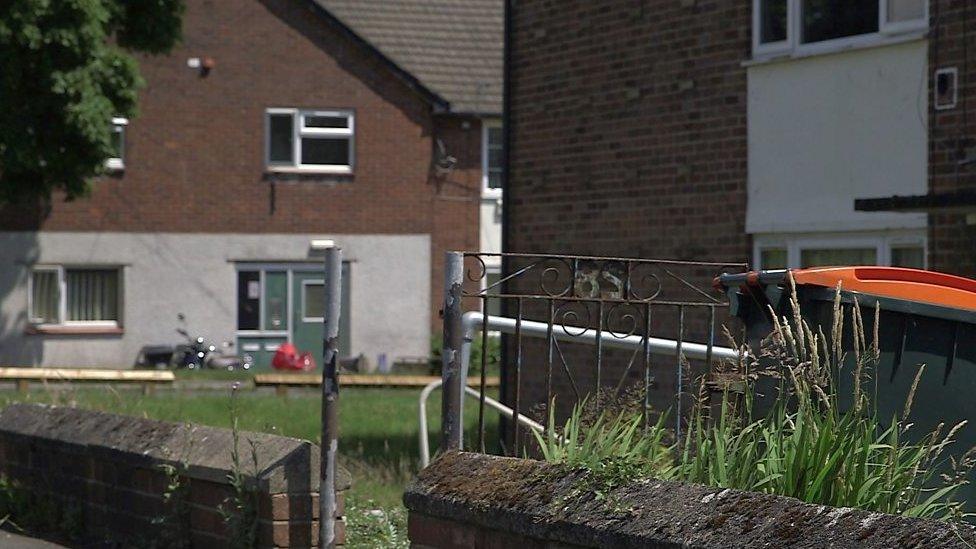
- Published15 March 2020
